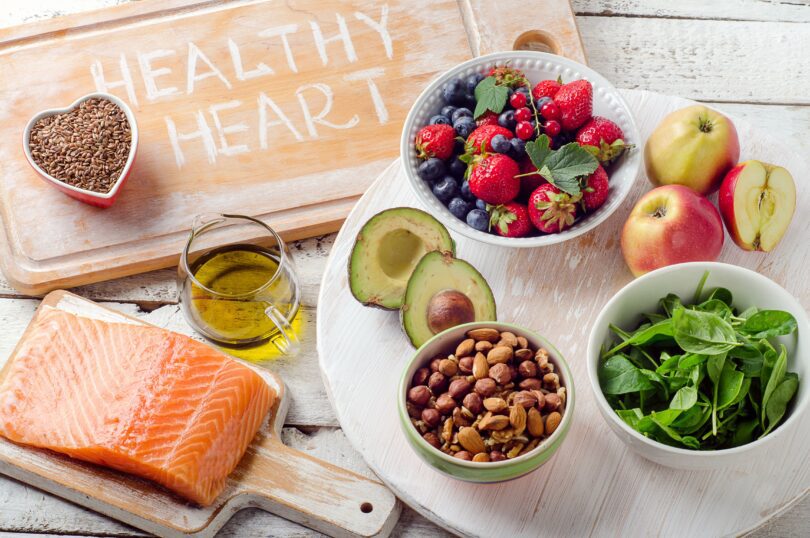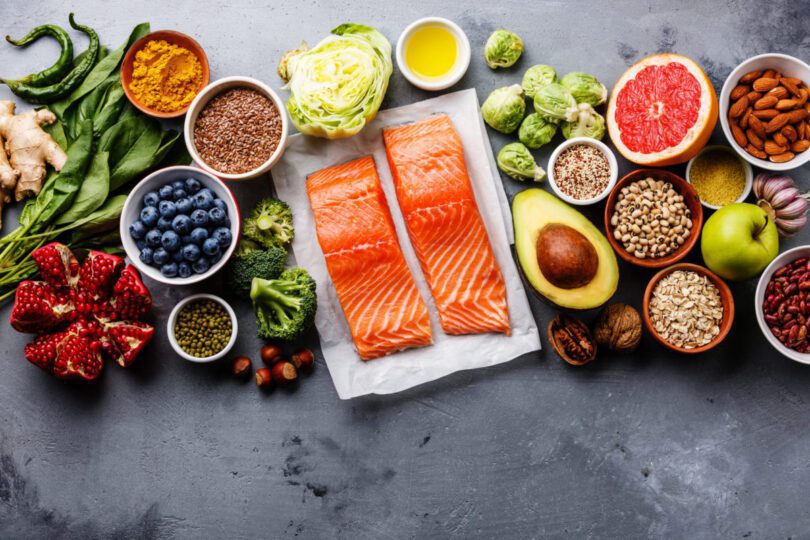The Pros and Cons of Consuming Canned Vegetables
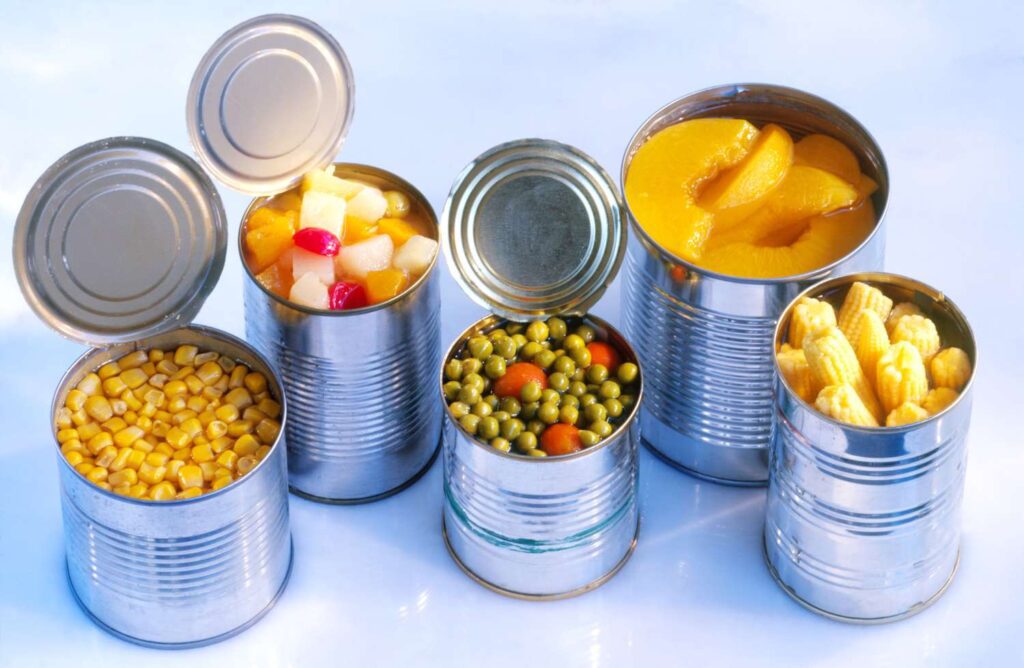
In today’s fast-paced world, convenience often plays a significant role in our dietary choices. Canned vegetables provide a convenient and easily accessible option, but are they as nutritious as their fresh counterparts? Let’s delve into the pros and cons of consuming canned vegetables and explore whether they can hold their ground against fresh produce.
The Pros of Canned Vegetables: Convenience and Availability
Canned vegetables offer several advantages that make them an attractive choice for busy individuals. Here are some of the pros:
- Long Shelf Life: Canned vegetables have a longer shelf life compared to fresh ones. This means you can always have a backup option on hand without worrying about spoilage.
- Convenience: Canned vegetables are pre-cut, pre-cooked, and ready to use, saving you time in meal preparation. They’re a great solution for quick weeknight dinners or when you’re short on fresh ingredients.
- Accessibility: Canned vegetables are available year-round, regardless of the seasonal availability of certain fresh produce. This ensures you can enjoy a variety of vegetables regardless of the time of year.
- Nutrient Retention: The canning process involves sealing vegetables in their own juices, helping retain their nutrient content. Some vitamins and minerals are less affected by the canning process, allowing you to still benefit from essential nutrients.
The Cons of Canned Vegetables: Nutritional Concerns and Additives
While canned vegetables offer convenience, they also come with certain downsides. Here are some cons to consider:
- Nutrient Loss: The high heat used during the canning process can lead to the breakdown of heat-sensitive vitamins, such as vitamin C and certain B vitamins. As a result, canned vegetables may have lower vitamin content compared to fresh ones.
- Added Sodium: Canned vegetables often contain added salt or sodium-based preservatives to enhance flavor and extend shelf life. This can contribute to higher sodium intake, which is linked to health issues like high blood pressure.
- Potential Additives: Some canned vegetables may contain additives, like sugars or artificial flavorings, which can affect the nutritional quality of the product.
- BPA Concerns: Many canned products are lined with a material called bisphenol A (BPA), which has raised concerns about its potential health effects when consumed over time.
Fresh vs. Canned: Making an Informed Choice
When comparing fresh and canned vegetables, it’s important to consider your priorities and dietary preferences. Fresh vegetables are generally lauded for their superior nutrient content and minimal processing. They’re a great choice for maximizing vitamins, minerals, and antioxidants in your diet.
However, canned vegetables can still offer nutritional benefits, especially when fresh options are not available or practical. Opt for low-sodium or no-added-salt varieties and check labels for any additional additives.
Should Vegetables Always be Fresh, or Are Canned Vegetables Better Than None?
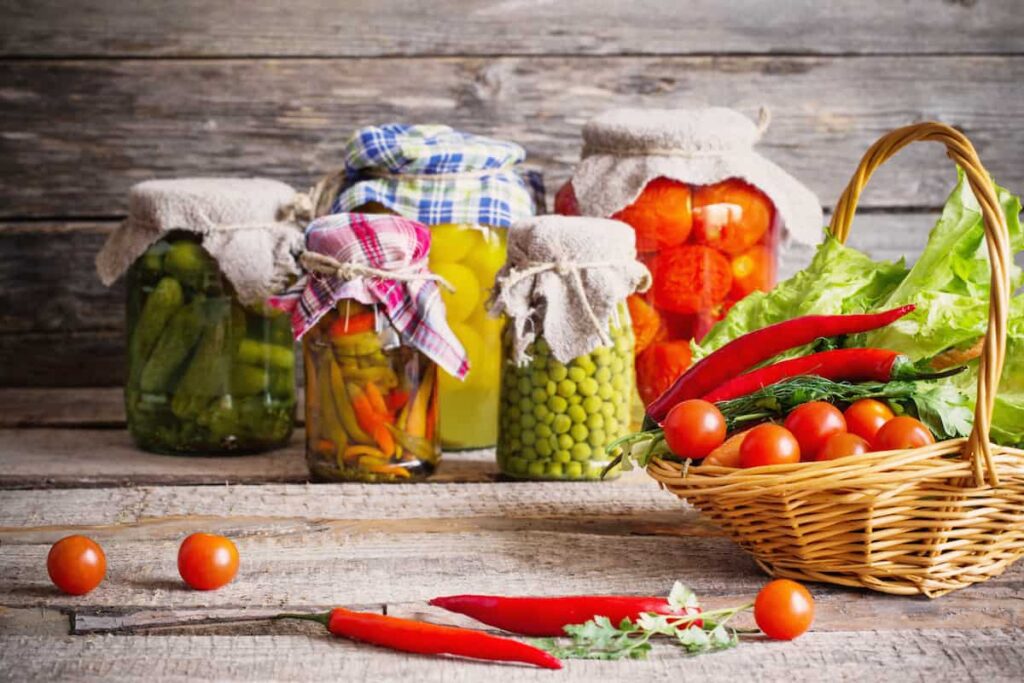
The question of whether canned vegetables are better than none at all often arises, especially when fresh produce isn’t readily accessible. Let’s explore this dilemma and find a balanced approach:
Balancing Convenience and Nutrition
While fresh vegetables are ideal for obtaining maximum nutrients and flavor, the reality is that accessing fresh produce isn’t always feasible. C-vegetables can be a reasonable alternative, provided you choose wisely and incorporate them thoughtfully into your diet.
you may be interested in reading this:10 Nutritious and Delicious Foods to Savor After Dinner
Canned Vegetables: A Viable Option
C-vegetables can certainly provide nutritional value, and they can be particularly useful in certain situations:
- During Off-Season: When certain vegetables are out of season, canned options allow you to enjoy them regardless of the time of year.
- In Emergencies: C-vegetables can be a valuable resource during emergencies or times when you’re unable to access fresh produce.
- Time Crunch: On busy days, C- vegetables can help you put together a quick and nutritious meal without extensive preparation.
- Budget-Friendly: C-vegetables are often more affordable than their fresh counterparts, making them a budget-friendly option for nutritious meals.
Enhancing Canned Vegetable Nutrition
To make the most of C-vegetables’ nutritional potential, consider these tips:
- Choose Low-Sodium Varieties: Opt for C-vegetables labeled as low-sodium or no-added-salt. This reduces your sodium intake and helps maintain a heart-healthy diet.
- Rinse Before Use: Rinsing C-vegetables under cold water can help reduce their sodium content further.
- Balance with Fresh: Whenever possible, aim to include fresh vegetables in your diet. A combination of both fresh and canned options can provide variety and optimal nutrition.
The Final Verdict
The debate between fresh and C-vegetables isn’t black and white. It’s all about balance and making informed choices based on your circumstances and dietary goals. While fresh vegetables offer superior nutritional value, C-vegetables can be a valuable addition when fresh produce isn’t available. By selecting low-sodium options and using C-vegetables as part of a balanced diet, you can still enjoy their benefits without compromising your health.
Can You Eat Canned Vegetables Right Out of the Can?
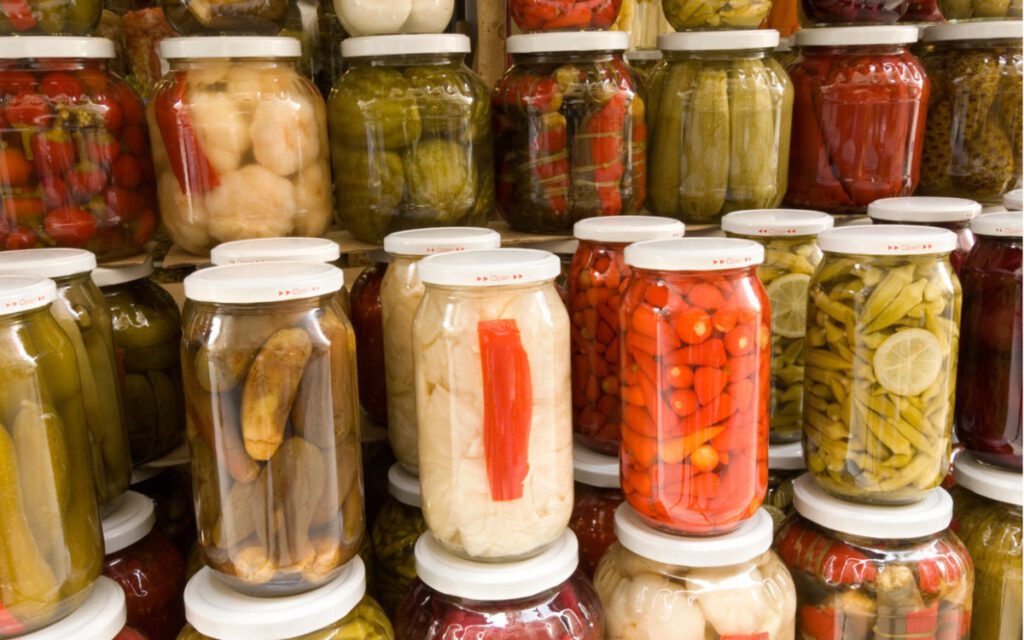
Eating C-vegetables right out of the can is technically safe, as they undergo a cooking process during canning that renders them ready to eat. However, many people prefer to heat C-vegetables before consumption. Heating can enhance flavor, eliminate any potential off-tastes from the can, and make the vegetables more enjoyable to eat.
If you choose to eat C-vegetables directly from the can, it’s advisable to rinse them under cold water to remove excess salt or sodium-based preservatives. Keep in mind that while eating C-vegetables straight from the can is safe, reheating them can enhance their flavor and overall eating experience.
In Conclusion
In the fresh vs. canned vegetable debate, both options have their merits. Fresh vegetables offer unparalleled nutritional benefits, but C-vegetables can be a practical choice when fresh produce isn’t available. By making mindful selections and incorporating a variety of vegetables into your diet, you can enjoy the best of both worlds and maintain a balanced and nutritious eating routine.

Hello there! I’m thrilled to share my passion for health and wellness with you. My name is Hamza, and I’m on an exciting journey to discover the true essence of living a balanced, vibrant, and fulfilling life.
